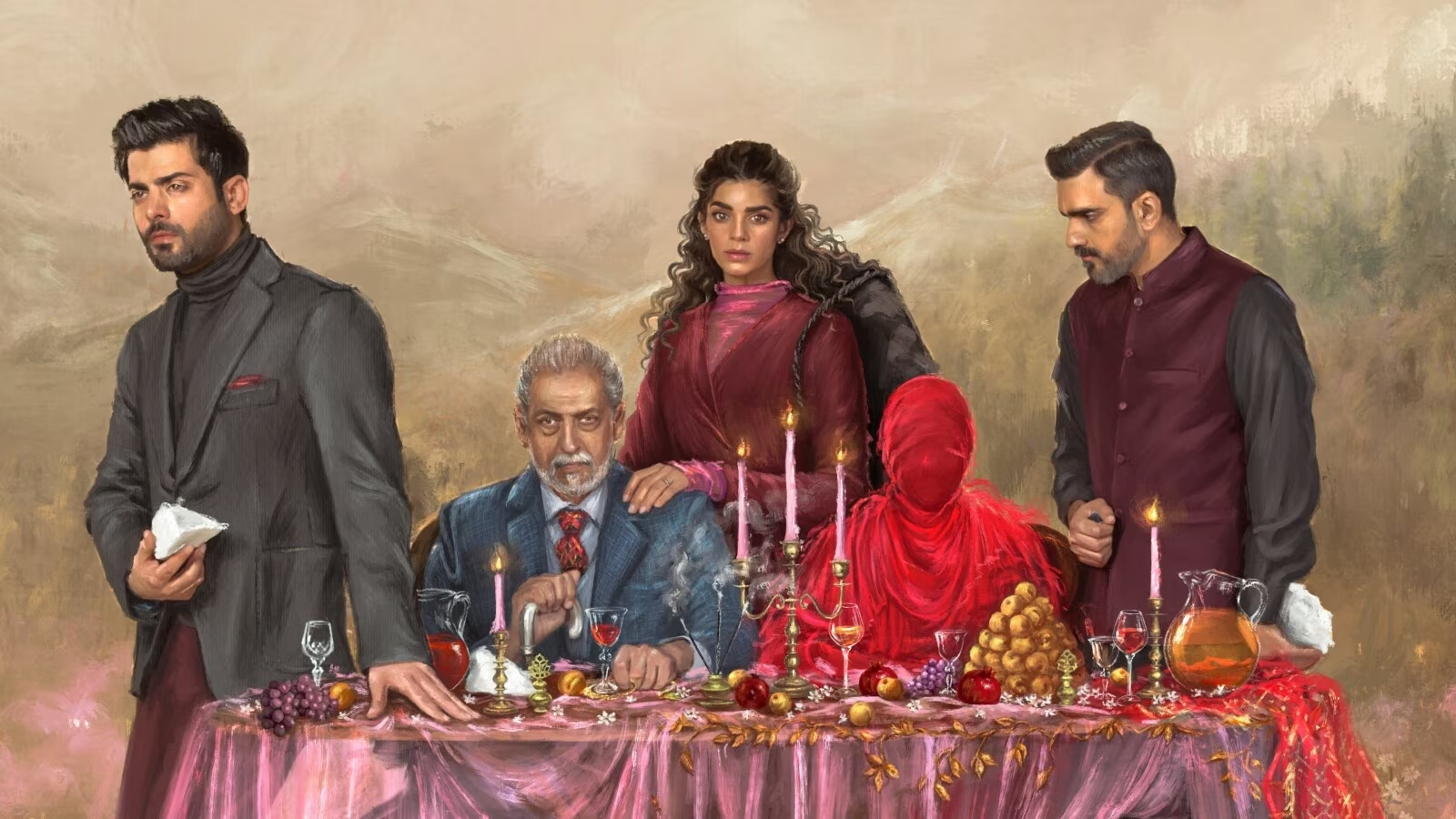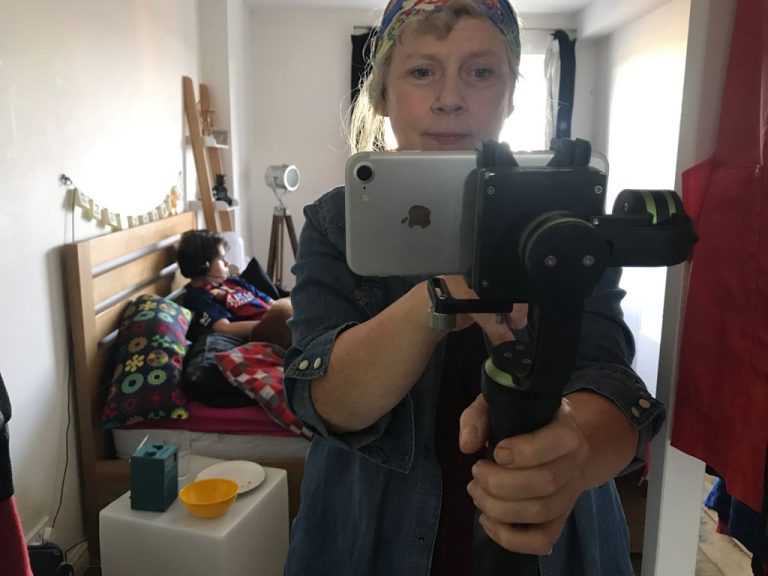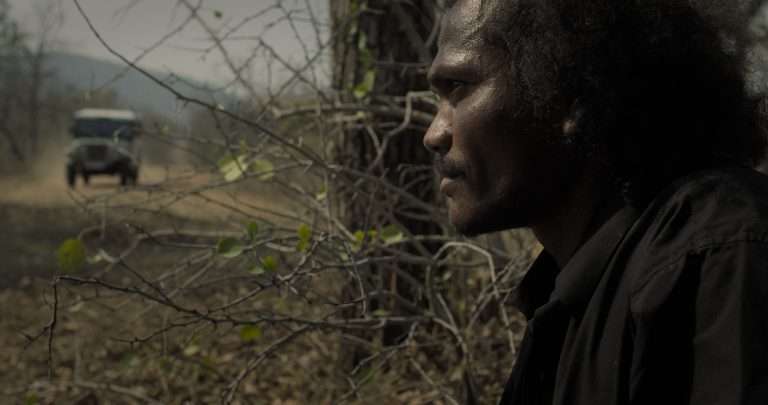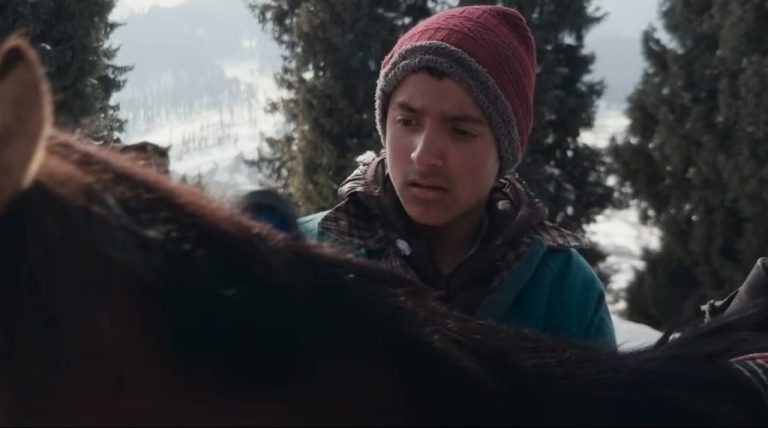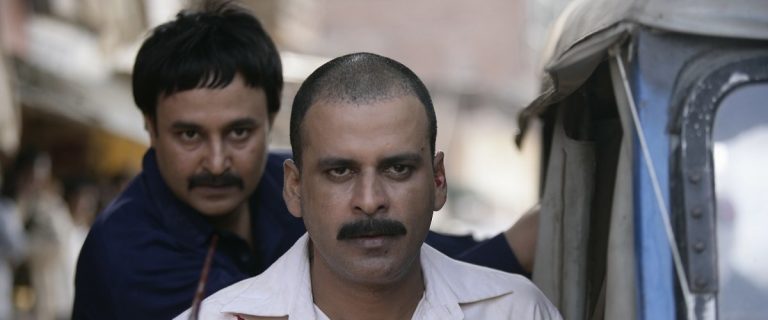Boasting a career of almost three decades and over a hundred films, Manoj Bajpayee is one of the stalwarts of method acting in Indian Cinema. A director’s actor and a chameleon in his performances, you can catch one of Manoj Bajpayee’s very unique performances as journalist Joy Bag in director Kanu Behl’s journalism thriller Despatch.
We at High on Films had the opportunity to have a quick word with Mr. Bajpayee about his career and his performance especially related to his recent work, including “Despatch”.
Amartya Acharya: In your run of stories within the OTT space, you have explored a diverse range of characters. With regards to this film and the very flawed character you are playing, what was your acting process? Was it very instinctual, or was the screenplay quite detailed for you to shape the character?
Manoj Bajpayee: I mean, no amount of instinct can work alone, you really need to work on it much before you start work – shooting for it. But in this case, Kanu Behl is a director who has his own process chalked out, and he wants all the actors to stick to it. Two months of workshops, which are rigorous, and tedious. It really takes a toll on you. He really makes you go deeper into your own self, find that dark zone, and through that dark zone of yours, you try to take it to the character, and understand the personality that you are going to play. It has been a difficult one, a lot of exploration before we actually started shooting. I mean, it was true for me. It is true for every actor involved in it.
The flawed character, the grey characters – I don’t think I have played any character in my career which is so complete in itself, in terms of its own greyness. But somewhere, he also gets into the dark zone. He comes across as the blackest of them all. So, it was a difficult character, where we were trying to avoid any kind of empathy coming from the audience. And if at all they were feeling at some point in time, it was very human. It was also that response of them to the character at that point of time when they are feeling empathy – that makes a character complete, and you know, the goal is achieved.
Amartya Acharya: While the OTT space has now become the hub for complex, character-driven stories, you have also been part of, and even led masala films like Bhaiyyaji. One of your OTT films Sirf ek Bandaa Kaafi hai (2023), even got a release in theatres due to popular demand. How do you experiment with so many characters and so many genres?
Manoj Bajpayee: I keep experimenting with myself. Genre-hopping and genre-skipping are something I keep doing. I don’t want to be an actor who likes to stick to one kind of film, or one genre, and try to look down upon others. It’s not my scene. I am an actor who likes to learn the craft; an actor who can actually deal with all kinds of stories, formats, and genres and really excel in it. So it’s all about excelling at everything that you are doing. Whether it’s “Sirf Ek Bandaa Kaafi Hai,” which yes, has all the elements of mainstream, but also sticks to the content and doesn’t deviate from there.
Also Related to Manoj Bajpayee: The 10 Best Manoj Bajpayee Movie Performances
“Bhaiyajji” is more like a potboiler. The director wanted to do something very different, really get away from [Sirf Ek Bandaa Kaafi Hai] field; get into something where we have done everything, with all seriousness. I mean, the action that I had to achieve, with the body language, with all that risk, with all those physical challenges one had to get over and really do it right, not come across as someone who is just a novice. So each and every film comes with its own characters, and I like to give it all, I don’t like to shy away from it.
Amartya Acharya: In the movie’s first half, there were moments, like Joy being punched in the face and bleeding through the nose and crying profusely, or Joy being chased out of the IT company, which are all tinged with black comedy. Is it difficult to balance these different tones in the film, and how do you manage it?
Manoj Bajpayee: I mean, black comedy is something in this film – “Despatch” – we weren’t trying that. He also comes across as a coward, who is also fragile. So if that is making people laugh, then your purpose is actually served. Because people are not looking at him. They stop looking at him as a protagonist, or a hero. Someone who has all the fear, the insecurity, who is so grey. At no time is he going to confront or face the world no matter how hard the world is coming at him. He is somebody who is going to chicken out. He is somebody who is always fearing for his life, but also you know, fearlessly chasing the clue. This is what Joy is.
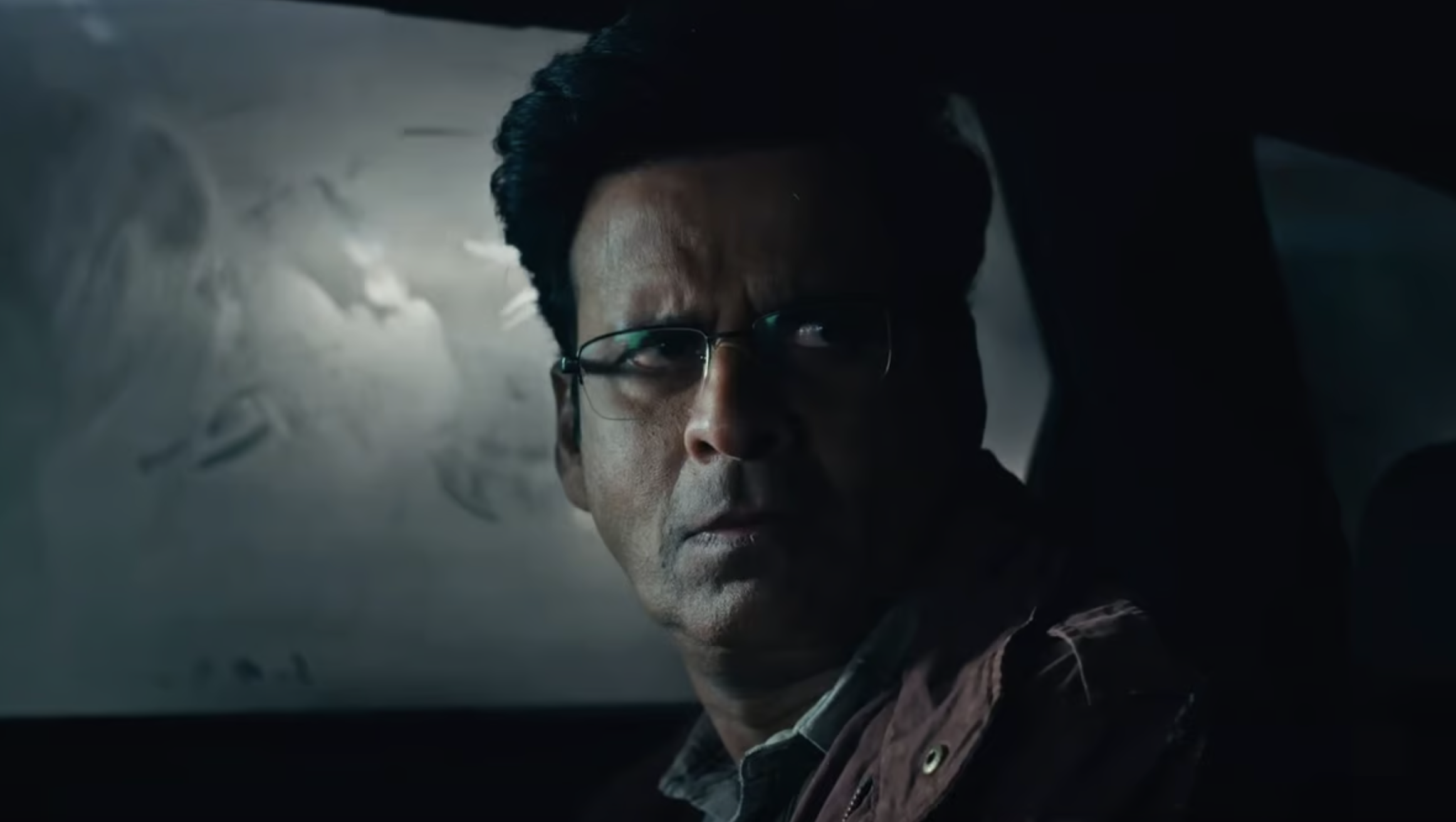
Amartya Acharya: Last question, before we end this; we always ask our guests about their favorite films, but since we’re called “High on Films,” could you share some movies that you believe represent the CINEMATIC HIGH—moments where you feel cinema truly reached its peak? What films made you feel that way?”
Manoj Bajpayee: I mean..um..there are many films. I personally feel – “Bhonsle”, “Aligarh”, and “Hungama Kyon Hai Barpa”, directed by Abhishek Chaubey, which was part of [Ray] on Netflix. I personally feel that, because of those directors, and the cameramen, all of these three works of theirs, be it Devashish Makkhija, Hansal Mehta, or Abhishek Chaubey, they really touched that cinematic high in terms of the pacing, photography, sound, characterization – all of it, together. It’s when all the departments together fall in place in terms of their efforts, that is the time you see that cinematic high.
There are many films in the past. Personal choices of mine would be “Paar” (1981, directed by Goutam Ghose) and “Junoon” (1978) by Mr. Shyam Benegal whom we lost just now. And there are many [films]. I consciously try to give examples of Indian films, because I am of the opinion that we have been making great films. But when it comes to really giving examples, we tend to go to the West, and we tend to look at the West. I think we have had greats, we have had so many cinematic highs in so many films, by all those maestros. I think we should get down to studying all of those films.




